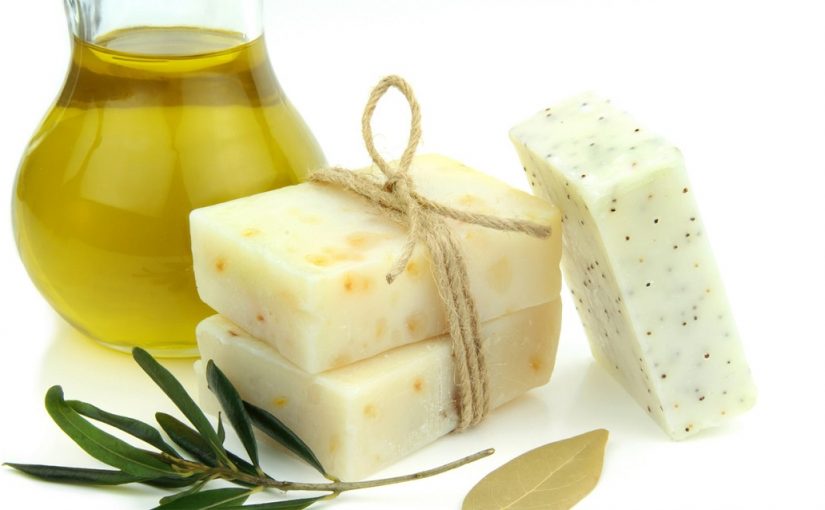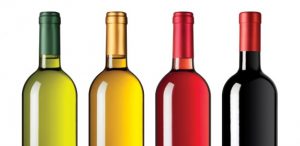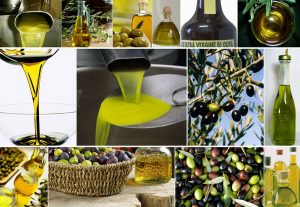9.5.2019
There is a handmade olive oil soap conjures up the salty air, sweet smell from the nearby olive groves, and the evening’s scents on a summer’s eve in a beach town on the Mediterranean, in Calabria.
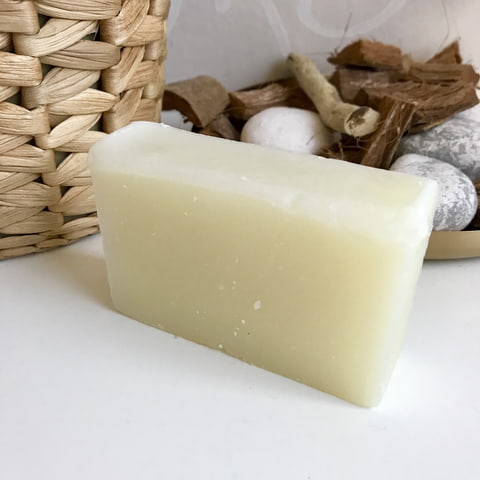
Calabrian women have used for centuries olive oil soap as skin care, the handmade soap, particularly, contains a substance, oleocanthal, which has anti-aging and anti-inflammatory properties.
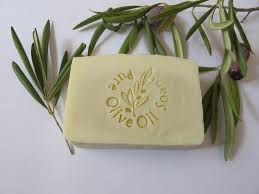
Indeed, Olive oil cleans gently and kindly while helping your skin retain moisture. With regular use of this soap, everyone will feel the skin becoming suppler, softer and silky smooth.
Further, this versatile soap is wonderful for the body and the face, or melted in the bath.
ORIGINS OF CALABRIAN OLIVE OIL SOAP
There is a beautiful story about olive oil versatility and its profound utility, with regard to the soap made with olive!
The tradition of making soap with olive oil is very ancient. Some people say that it dates back to the ancient Egyptians, then the Romans, whose olive oil soaps have been used even for hair care.
Particularly, since the times of Roman empire until the Middle age the Silk Road was used for the export of so called “Aleppo’s” olive oil soaps, highly appreciate and famous.
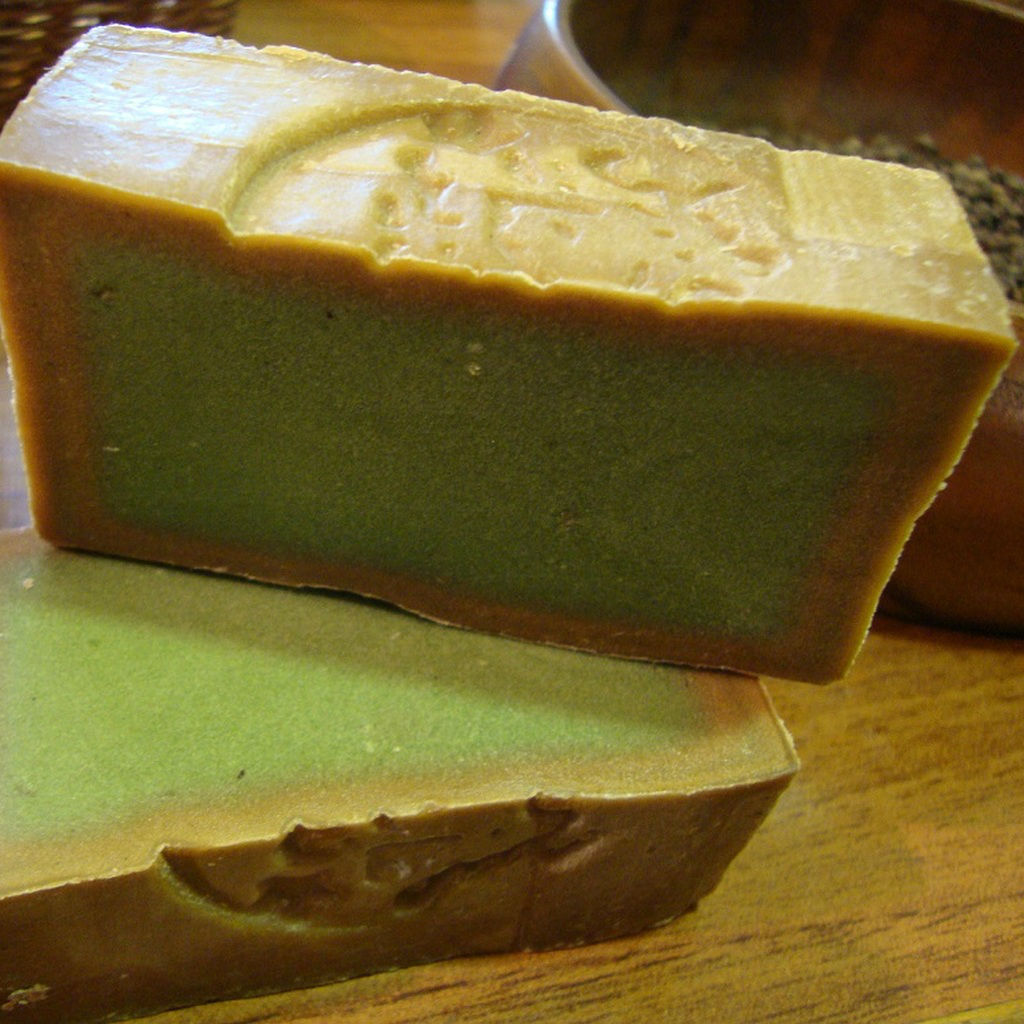
SUMERIAN OLIVE OIL SOAP IS THE FIRST SOAP OF HISTORY!
Indeed, not many could imagine that the use of olive oil for the creation of soap is the result of the rich culture having lived in Mesopotamia, hence in very ancient times!
Namely, not many know that in the year 2,800 BC, when the Sumerians ruled Mesopotamia, there was the first evidence of a “soap-like substance”!!
At that time, the precursor of soap was the mixing of animal fats and olive oil with wood ash and water. The main use of this product was for the cleaning of wool, but secondary use was the sacred rituals of purification.
During Sumerian era, instead, only olive oil was used, eliminating animal fats. It was then that health benefits began to be discovered, such as the treatment of skin diseases.
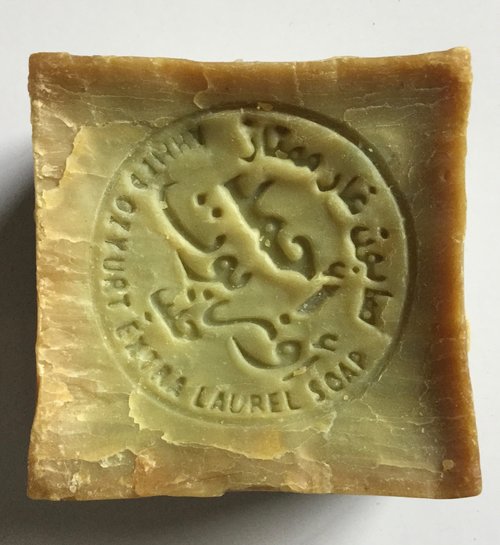
Afterwards, the Syrian city of Aleppo, thanks to its tradition of producing high quality olive oil soaps since ancient times, as a legacy of the Mesopotamian culture, has helped to create a thriving industry, which the well known Silky Road has favored and helped to consolidate, by marketing such soaps till the modern age.
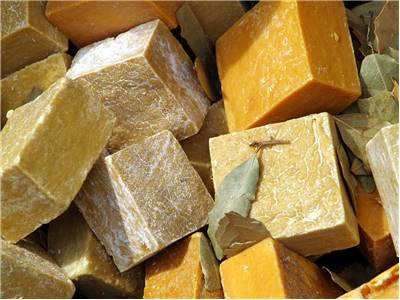
NOWADAYS: A WONDERFUL PRODUCT
Even today, sometimes, olive oil soap is called Aleppo soap by virtue of this centuries-old tradition. This magnificent soap is well smelling, fragrant and pure.
Indeed, the Olive oil soap is a product with many applications, unchanged since that era when it is described in some Mesopotamian tablets, whose pictorial cuneiform writing shows the different production methods.
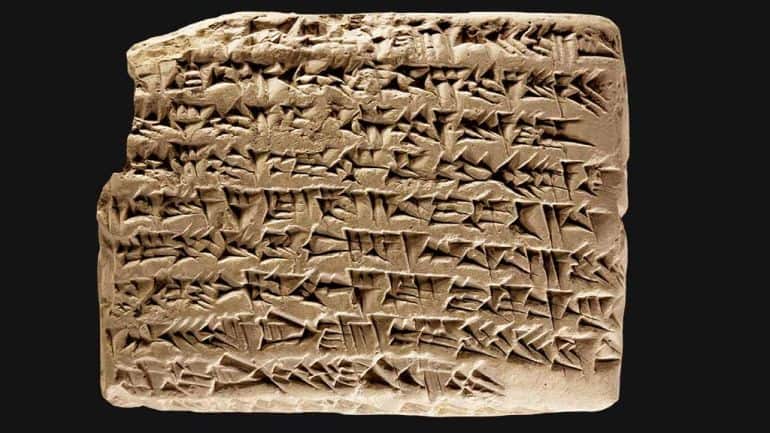
Further, these techniques were perfected by the Egyptians, who added alkaline salts and made new uses for them.
Later, even Roman culture produced this soap and applied new uses to it. It has mainly been used as a waxy substance for hair. It has also been used by doctors and surgeons to clean body impurities.
From the 11th century AD, Spain became one of the main producers of olive oil soap under the Muslim government. The most famous of his time is the one produced in Castile.
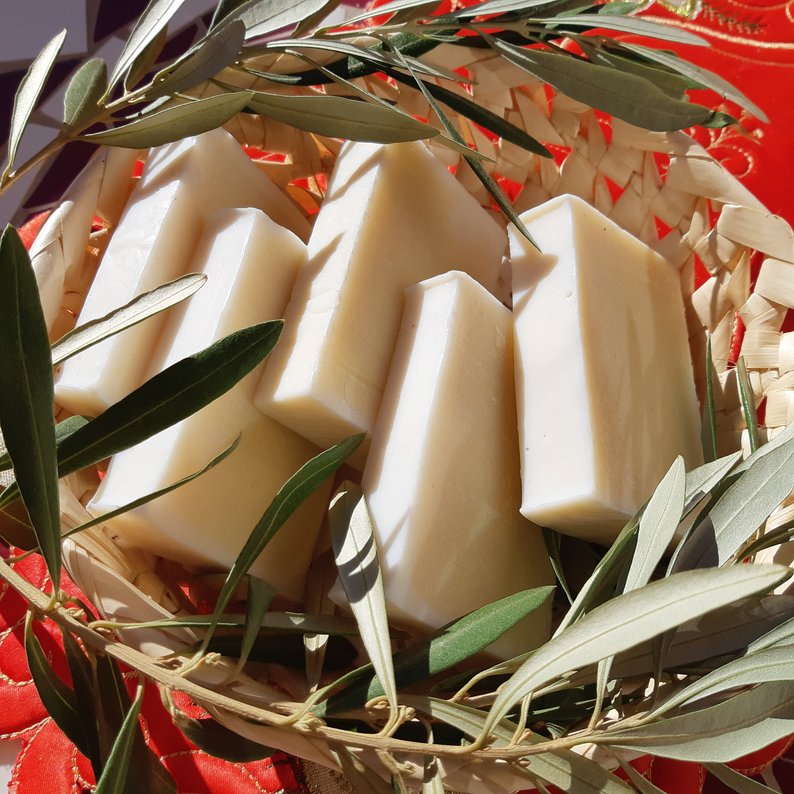
However, the main important thing is that…this kind of Sumerian soap is the real precursor of the soap that we use all days!

